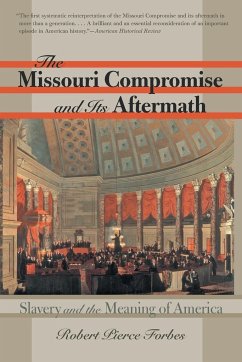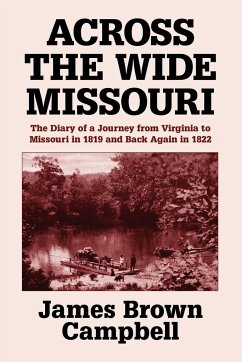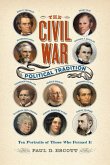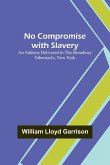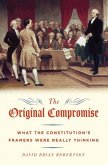Robert Pierce Forbes goes behind the scenes of the crucial Missouri Compromise, the most important sectional crisis before the Civil War, to reveal the high-level deal-making, diplomacy, and deception that defused the crisis, including the central, unexpected role of President James Monroe. Although Missouri was allowed to join the union with slavery, the compromise in fact closed off nearly all remaining federal territories to slavery. When Congressman James Tallmadge of New York proposed barring slavery from the new state of Missouri, he sparked the most candid discussion of slavery ever held in Congress. The southern response quenched the surge of nationalism and confidence following the War of 1812 and inaugurated a new politics of racism and reaction. The South's rigidity on slavery made it an alluring electoral target for master political strategist Martin Van Buren, who emerged as the key architect of a new Democratic Party explicitly designed to mobilize southern unity and neutralize antislavery sentiment. Forbes's analysis reveals a surprising national consensus against slavery a generation before the Civil War, which was fractured by the controversy over Missouri.
Bitte wählen Sie Ihr Anliegen aus.
Rechnungen
Retourenschein anfordern
Bestellstatus
Storno

